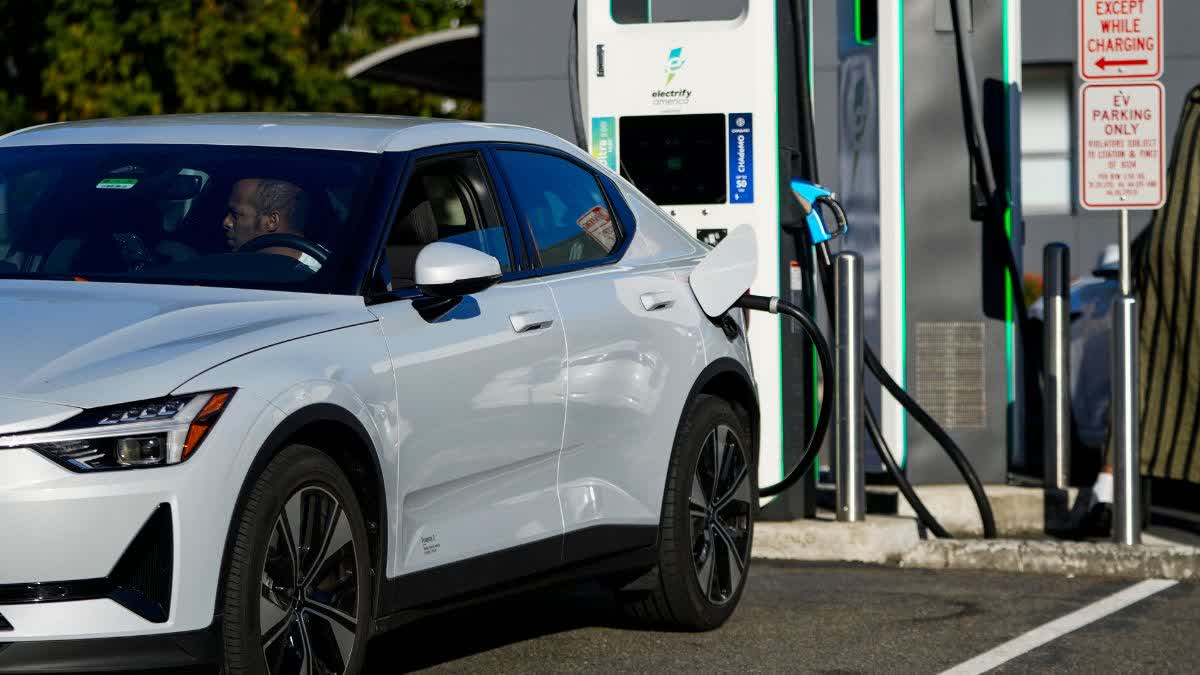Hyderabad: A new human rights ranking of electric vehicle industry by Amnesty International claims that world’s leading EV manufacturers are not “adequately demonstrating” how they address human rights risks in their mineral supply chains. This, according to the report, potentially leaves communities exposed to exploitation, health risks, and environmental harm due to the rapid expansion of mines required for the metals used in batteries.
The report titled ‘Recharge for Rights: Ranking the Human Rights Due Diligence Reporting of Leading Electric Vehicle Makers’ claims that electric vehicle giants BYD, Mitsubishi, and Hyundai have scored the worst in the human rights ranking of the industry.
Amnesty International says that it issued scorecards to 13 major EV manufacturers using the “criteria based on international standards” to comprehensively assess human rights due diligence policies and self-reported practices. These scorecards break down whether these car brands are meeting their human rights responsibilities.
The scorecard assesses companies’ performance on commitment to human rights policies, risk identification process, supply chain mapping and reporting, and remediation. As per the report, none of the companies scored higher than 51 out of 90. Chinese company BYD sits at the bottom with an 11/90 score, whereas the German company Mercedes-Benz scored highest with 51/90 marks.
“The human rights abuses tied to the extraction of energy transition minerals are alarming and pervasive and the industry’s response is sorely lacking,” Amnesty International’s Secretary General Agnès Callamard said, adding that the commitments reported by these companies are often vague and lack substantial evidence of meaningful action, indicating that they still have a long way to go to meet international standards.
Callamard highlighted that despite some progress, the overall scores of EV manufacturers were disappointing. While BYD ranked the lowest due to poor transparency in human rights diligence within its battery supply chains, other companies like Hyundai and Mitsubishi also scored low, showing vague commitments and insufficient evidence of meaningful action.
Even higher-ranking companies like Renault and General Motors lack full integration of human rights commitments into their supply chains and transparency, the report claims, adding that the lack of transparency is concerning, especially given the potential human rights abuses in the sourcing of minerals like cobalt and nickel.
With the rise in demand for battery minerals, the report calls for EV manufacturers to identify and mitigate human rights risks in their supply chains, which include forced evictions, health harms from environmental pollution, and abuse of Indigenous Peoples’ rights in countries where minerals are extracted.
The overall scores of 13 EV manufacturers is as follows:
- BYD - 11/90
- Mitsubishi - 13/90
- Hyundai - 21/90
- Geely Auto - 22/90
- Nissan - 22/90
- Renault - 27/90
- General Motors - 32/90
- Ford - 41/90
- BMW - 41/90
- VW Group - 41/90
- Stellantis - 42/90
- Tesla - 49/90
- Mercedes-Benz - 51/90



